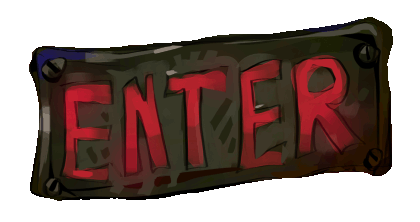
This has been a novel about some people who were punished entirely too much for what they did. They wanted to have a good time, but they were like children playing in the street; they could see one after another of them being killed--run over, maimed, destroyed--but they continued to play anyhow. We really all were very happy for a while, sitting around not toiling but just bullshitting and playing, but it was for such a terrible brief time, and then the punishment was beyond belief: even when we could see it, we could not believe it. For example, while I was writing this I learned that the person on whom the character Jerry Fabin is based killed himself. My friend on whom I based the character Ernie Luckman died before I began the novel. For a while I myself was one of these children playing in the street; I was, like the rest of them, trying to play instead of being grown up, and I was punished. I am on the list below, which is a list of those to whom this novel is dedicated, and what became of each.
Drug misuse is not a disease, it is a decision, like the decision to step out in front of a moving car. You would call that not a disease but an error in judgment. When a bunch of people begin to do it, it is a social error,a life-style. In this particular life-style the motto is "Be happy now because tomorrow you are dying," but the dying begins almost at once, and the happiness is a memory. It is, then, only a speeding up, an intensifying, of the ordinary human existence. It is not different from your life-style, it is only faster. It all takes place in days or weeks or months instead of years. "Take the cash and let the credit go," as Villon said in 1460. But that is a mistake if the cash is a penny and the credit a whole lifetime.
- To Gaylene deceased
- To Ray deceased
- To Francy permanent psychosis
- To Kathy permanent brain damage
- To Jim deceased
- To Val massive permanent brain damage
- To Nancy permanent psychosis
- To Joanne permanent brain damage
- To Maren deceased
- To Nick deceased
- To Terry deceased
- To Dennis deceased
- To Phil permanent pancreatic damage
- To Sue permanent vascular damage
- To Jerri permanent psychosis and vascular damage
- . . . and so forth.
In Memoriam. These were comrades whom I had; there are no better. They remain in my mind, and the enemy will never be forgiven. The "enemy" was their mistake in playing. Let them all play again, in some other way, and let them be happy.”
― Philip K. Dick, A Scanner Darkly
